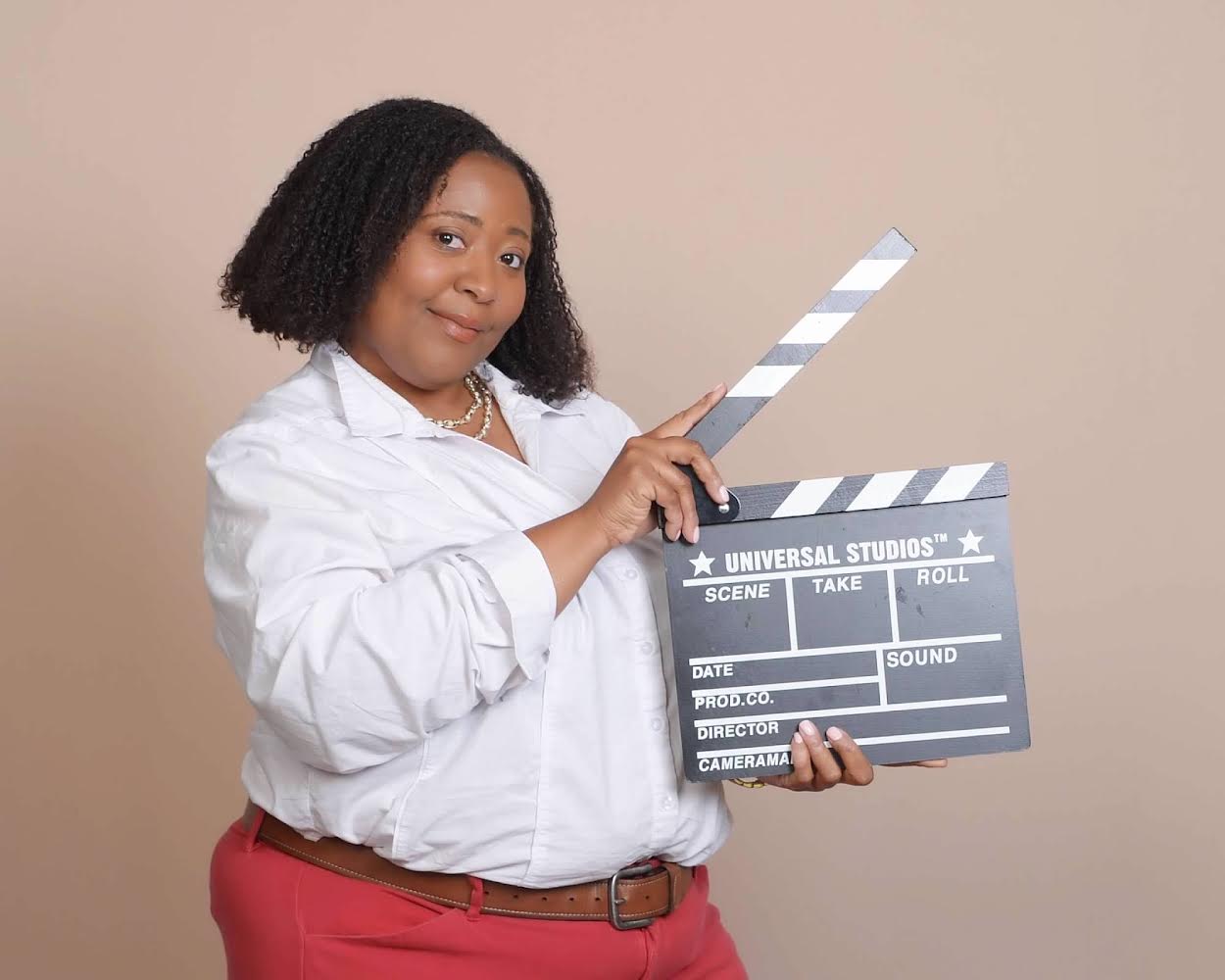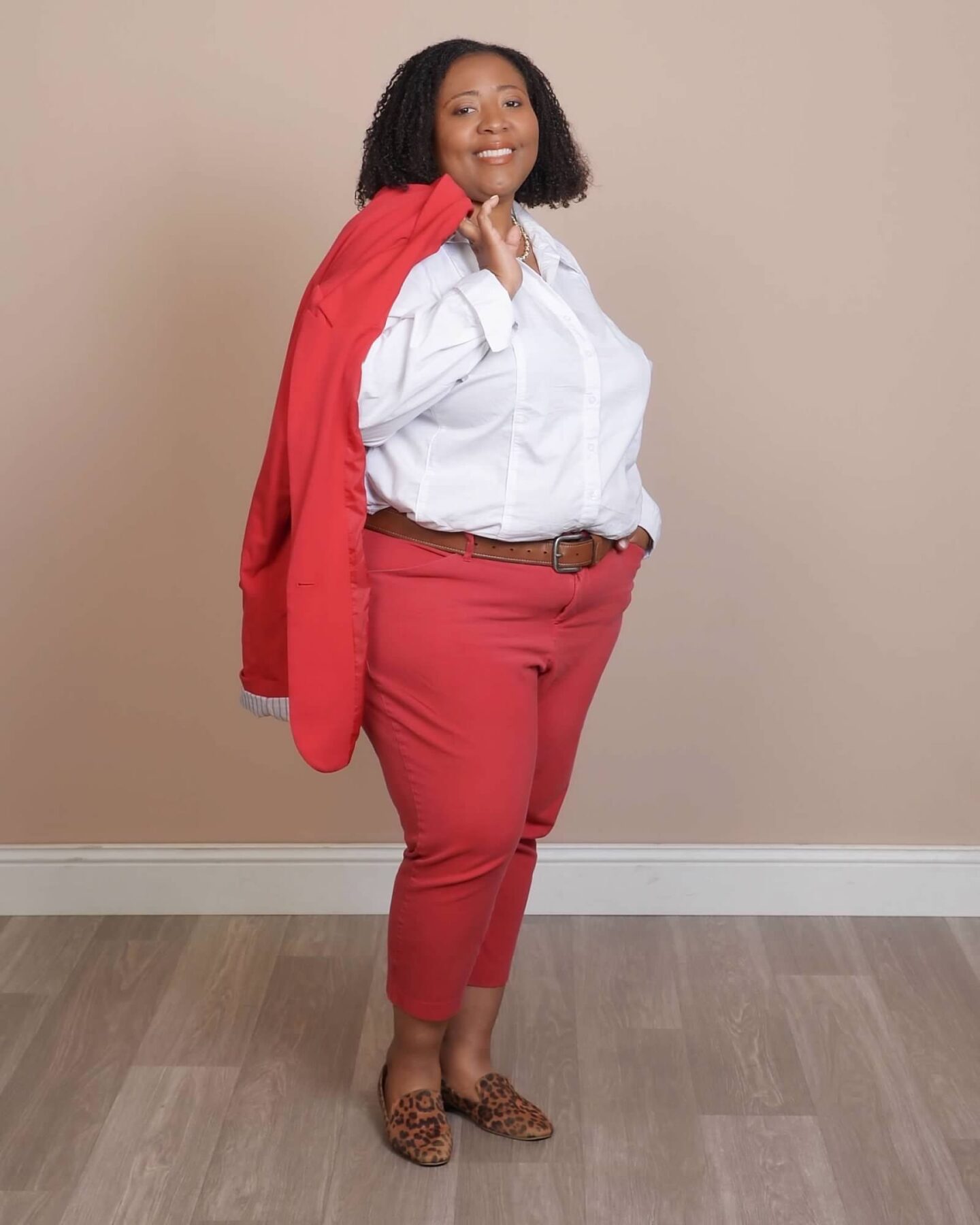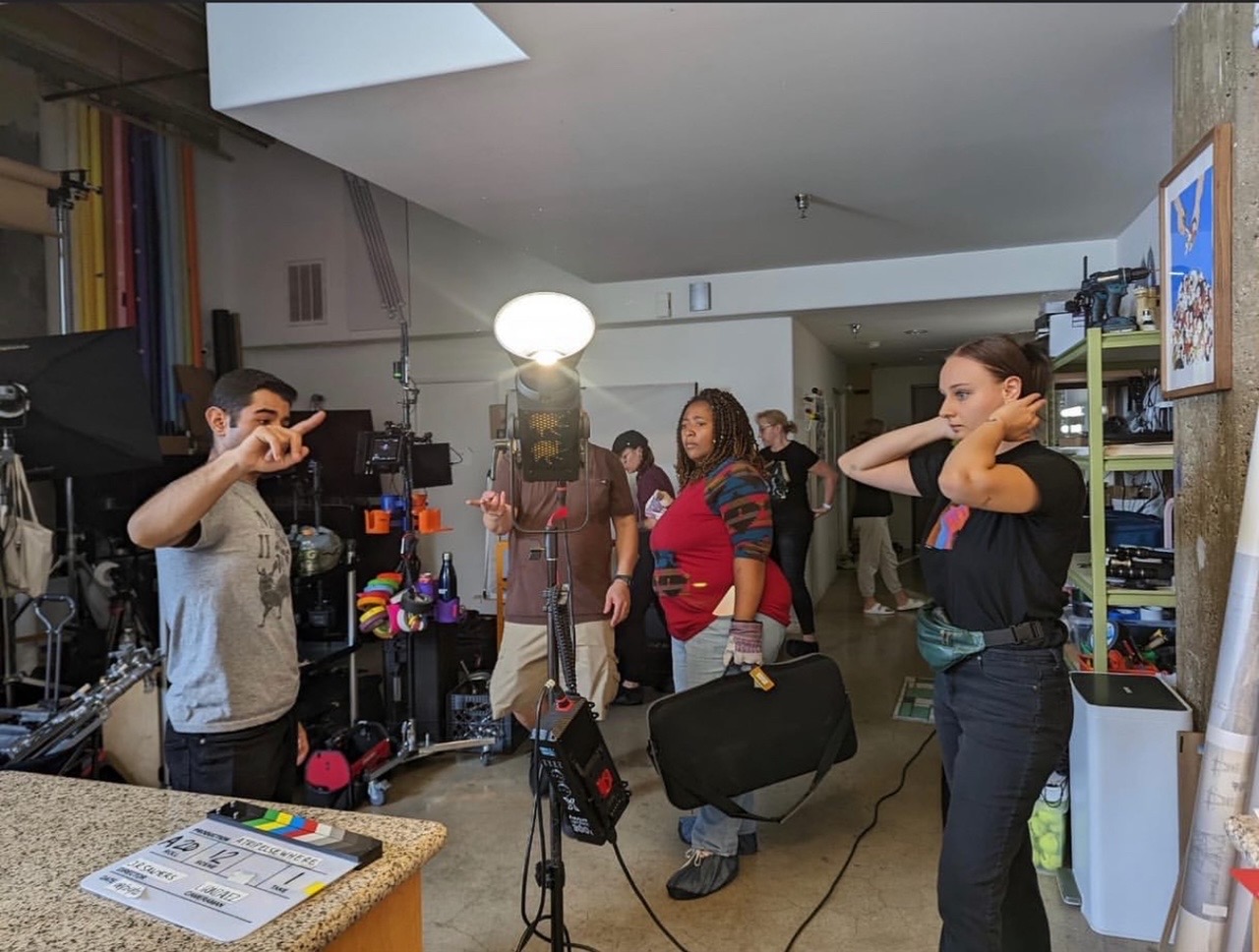[ad_1]
Shanea Woods, born and raised in Los Angeles, always had a strong love for visual storytelling, sparked during her youth. When her mother gifted her a Sony HD camcorder at age 13, Shanea began a journey of self-discovery and creativity, teaching herself editing using Microsoft Windows Movie Maker. This early start in filmmaking set the stage for her future in the film and TV industry, where she would become a significant figure in storytelling. Despite facing many challenges and moments of doubt, Shanea’s unwavering determination and passion for her craft kept her moving forward. Her path led her from freelance work as a production assistant and grip/electrician on indie films to landing her first union production job on ‘9–1–1: Lone Star’ through the My First Job in Film Day Players Program. Today, Shanea serves as a prime example of resilience and perseverance, with a bright career ahead of her.

Please tell us about the origins that sparked your interest in filmmaking.
Shanea: Well, it actually started when I was younger in a drive-through movie theater. I don’t want to give my age too much, but when I was three years old watching Jurassic Park, I saw the ending credits and saw Steven Spielberg’s name. I then said to myself, this is what I want to do. My family said I’ve always been a character. I would make pretend, as well as direct imaginary movies and stuff. They were like, okay, this girl is very creative. I was 13 when my mom gave me a camera and I just started filming stuff.
What are some memories you have from when you first got a camera and started filming? How did you feel?
Shanea: It felt like I was weaving, stitching a story together. I began creating documentaries for my school, and I’d spend a lot of time watching TV and movies to improve my cinematography and editing skills. One of my favorite librarians, I asked her for some film books, and she gave me a book titled “Making Movies: A Guide for Young Filmmakers.” The book had just arrived and wasn’t ready to be checked out. Instead of stamping it with the library stamp, she simply gave it to me and said, “Just keep the book.” I still have that book today.
What have been some tough moments you’ve had to overcome in the film industry?
Shanea: I’ve had to deal with some personal challenges and work on building confidence. I worked for free once, and I told myself, “Okay, I’m doing this once, but I won’t do it again.” Sometimes the industry can feel exclusive, like you need to know the right people to get ahead. I didn’t know where to begin or how to make connections, so I almost gave up. I thought about pursuing a different career. I was working at a nonprofit organization when Covid hit, and I was an essential worker at a food bank. Seeing people’s struggles during that time and hearing about others in the film industry facing challenges, I realized I couldn’t let go of my passion for film. I told myself, “When things get better post-Covid, when vaccines roll out, I’m getting back into it.”

Please tell us about your experience with the My First Job in Film Academy Day Players Program and how it led you to work on your first big television set.
Shanea: I signed up for the My First Job in Film Academy Day Players program and received a newsletter which gave me some information. I was like, okay, I think this is perfect. And that’s when I met Nicole, she’s the Head for the USA My First Job In Film Academy. I talked to Nicole, she did an interview and thought that I was a good fit for the program. She has connections to some people in LA and she basically interviewed me, and said that I was accepted. I was really happy! Nicole then provided me with contact information and told me to contact this person who directed me with the Key PA and just like that, I was on my first big television set which was for 911: Lone Star. The MFJF Day Players program is a mentorship program. Nicole was available for me to just talk to her, and ask questions. The program gives you a lot of access and tools.
Shanea, what are you currently working on or have in development?
Shanea: I just completed some projects as a PA. I’m working on documentaries, and teaching kids about filmmaking. I’m relearning how to write scripts. A friend of mine wants to make one of my films so we could put it in the film festivals, so I’m working on that as well.

What do you hope to see for women of color in the film industry?
Shanea: Oh my goodness. I just hope there’s more doors opening for women of color in the industry, and for people of all marginalized backgrounds. We all have a story and it’s just as of right now, in my opinion, the film industry has lost their way. Television is on track in my opinion, showing diverse people, but it’s also like there’s not a lot of diverse people in the background. Below the line work in my opinion, we need more diversity. But programs like the MFJF Day Players that are introducing people of all marginalized groups are effective in putting them up to the forefront and also having equity in the industry. Everybody’s represented.
As Shanea continues to make strides in the industry, she remains committed to amplifying the voices of underrepresented communities and advocating for greater diversity and inclusion in filmmaking. With her upcoming projects, including documentaries and teaching initiatives aimed at empowering aspiring filmmakers, Shanea is poised to make a lasting impact on the world of visual storytelling. Through her dedication, talent, and unwavering spirit, Shanea Woods is not just shaping the narrative — she’s redefining it, one frame at a time.
Follow on social media: @myowncinemaparadiso
[ad_2]








